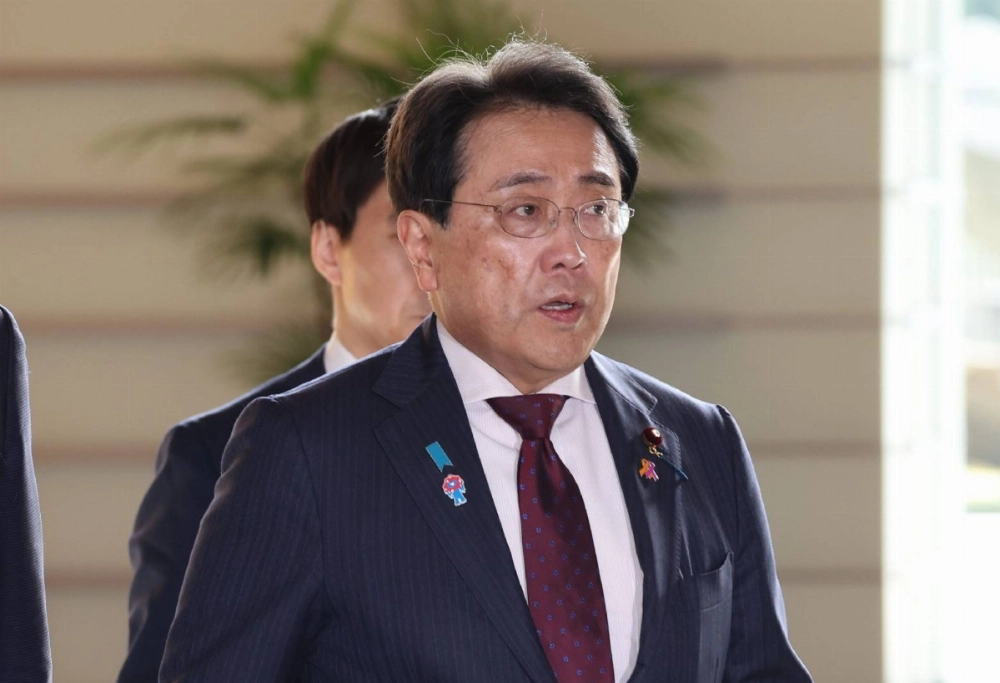Japan and the United States appointed chief tariff negotiators just hours after a brief call between the leaders of the two countries set the stage for the de-escalation of a crisis spinning out of control for days.
Ryosei Akazawa, minister in charge of economic and fiscal policy, will spearhead talks with the U.S., Chief Cabinet Secretary Yoshimasa Hayashi told reporters Tuesday after the first ministerial meeting on the new tariffs.
“The prime minister made a judgement based on minister Akazawa’s jurisdiction, his skills and experience, among other things,” Hayashi said, without adding any specifics on the start of the negotiations or the timing of a potential visit to the U.S. by Akazawa.


















With your current subscription plan you can comment on stories. However, before writing your first comment, please create a display name in the Profile section of your subscriber account page.